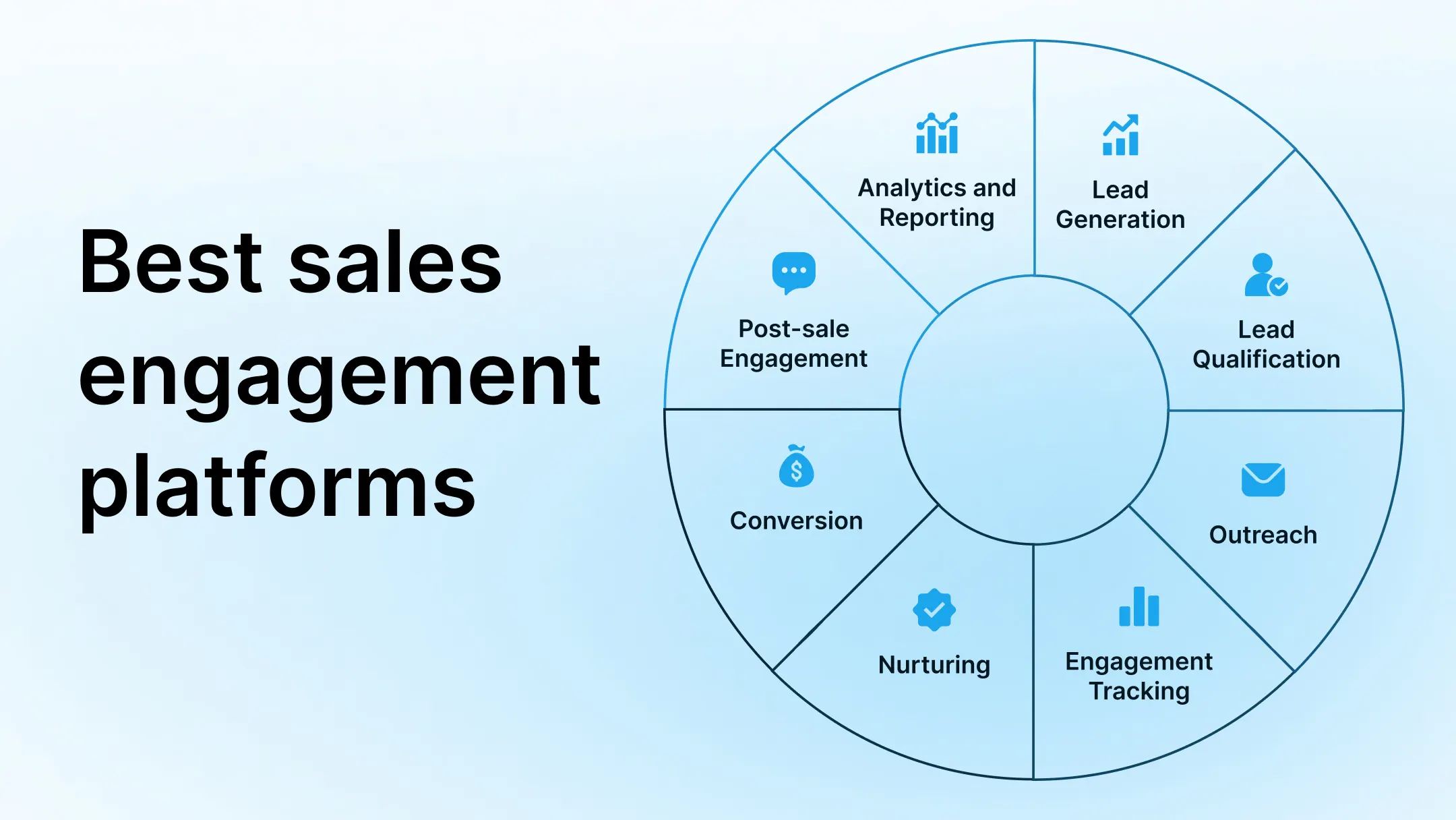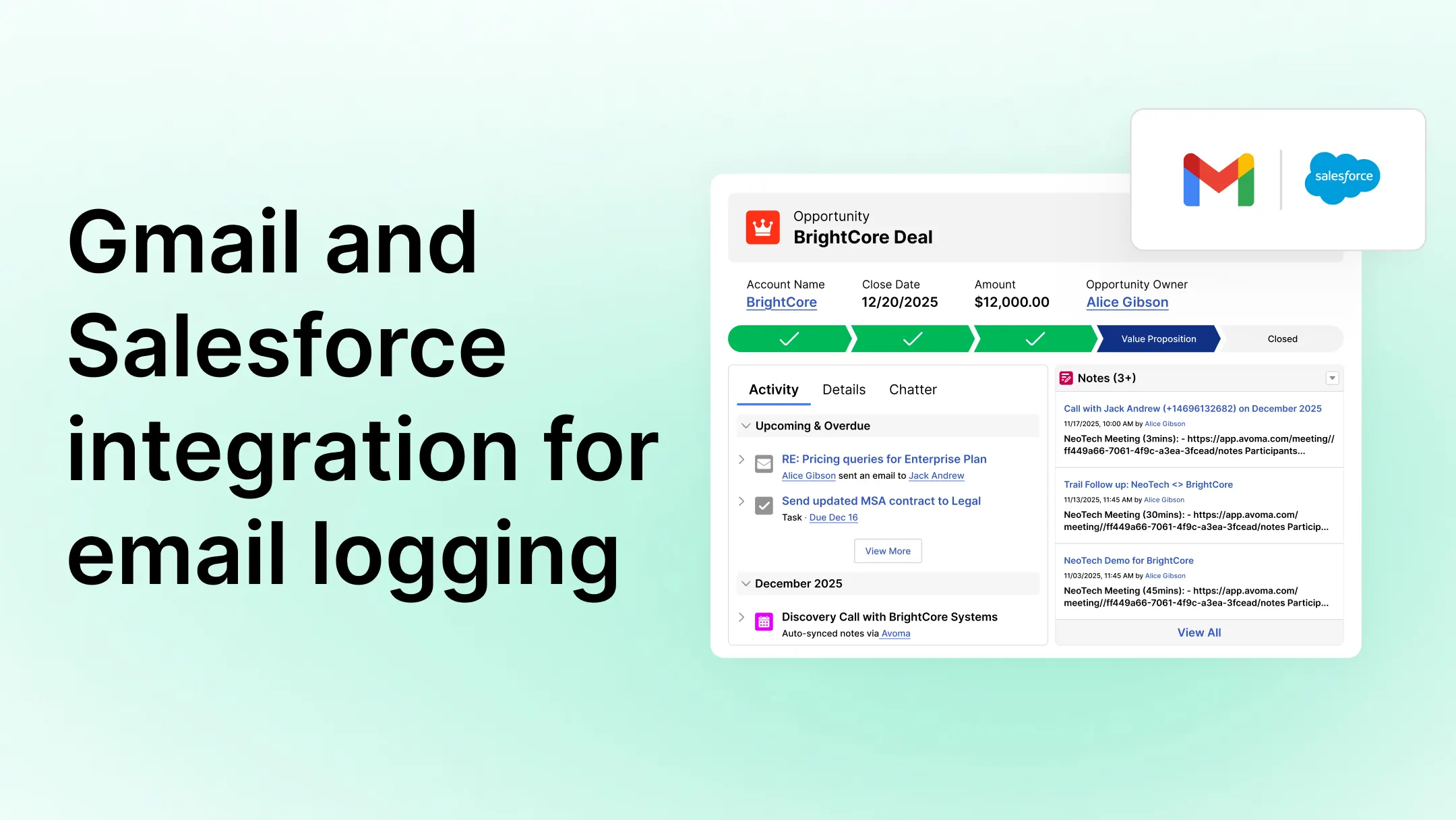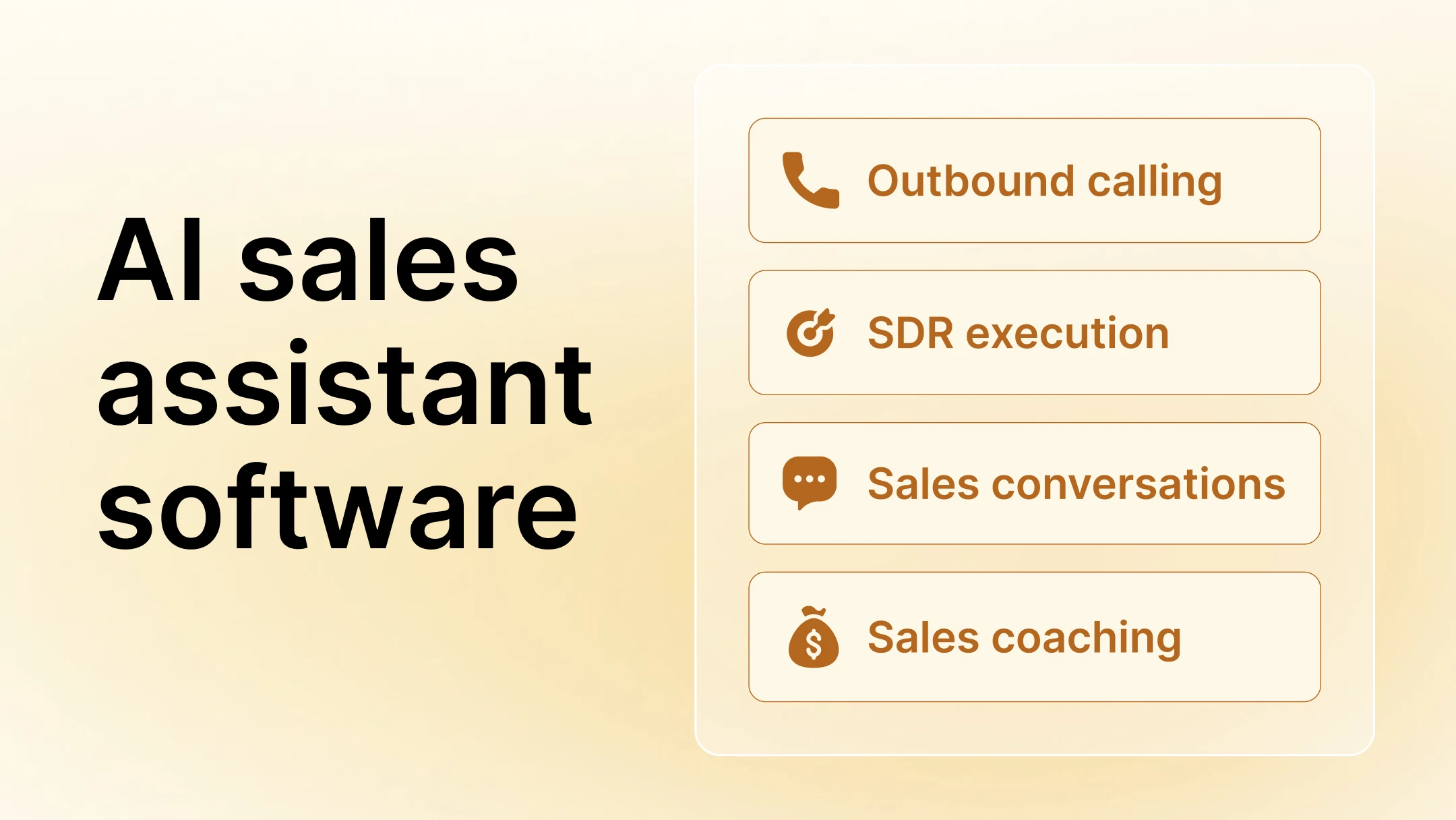Do founders want VCs to record their pitch meeting?
Table of Contents:

A detailed analysis of what founders think if VCs should record their pitch meetings, and their suggestions to make it a win-win situation.
A month ago, Mike Maples, a prominent VC, asked a question on Twitter:
Hey founders. Quick question for you. If a VC recorded a Zoom meeting with you for the purpose of using AI to create notes and next steps, would you like that, dislike it, or not care? (I don't feel right asking someone when they pitch me because it puts them on the spot)
— Mike Maples (@m2jr) June 11, 2019
It received over hundreds of likes and replies from a variety of people, such as other VCs and founders, and even though a lot of people shared their opinions, suggestions, and concerns, it felt like we didn’t get any closure to the discussion, even after browsing through 150+ Twitter replies.
I was looking for a final verdict.
So, I decided to dig in. I went through every single reply and categorized them in different buckets to analyze responses at an aggregate level.
Let’s dive into what I found.
(Disclaimer: This topic is deeply related to what we’re building at Avoma, but it’s my genuine attempt to understand people’s opinions and concerns so we can learn how to build a better future.)
The verdict is in: A majority of founders are in favor of recording their meetings
First and foremost, the results totally surprised me! Deep down, I believed some founders would be in favor of recording meetings, but I didn’t expect it would win by such a large margin.
A whopping 60% of respondents were in favor of recording Founders’ VC pitch meeting as long as they were aware about it and certain precautions were put in place.
(I will share the details of their suggestions in the next section.)

I tried my best to categorize the responses as objectively as possible. Even though it may not be 100% accurate, it will give you a pretty good ballpark idea.
For example, some replies had strong objections and mild acceptance in the same response. In such cases, I categorized them based on their strong stance instead of double counting them in both categories. Also, quite a few people shared some suggestions and concerns but didn’t explicitly specify their stance, so I categorized their responses as neutral.
To record meetings, first inform, and then share value
Let’s understand what suggestions people shared in favor of recording their pitch meeting:

The topmost feedback was this: as long as founders are informed ahead of time that the meeting is being recorded for note-taking purposes, they would not mind it.
The next few suggestions were primarily about value sharing.
Founders believe recording calls provides value for VCs in a variety of ways: for note-taking purposes, for going back and listening to some part of the conversation to refresh their memory, or simply for sharing a snippet of the conversation with another partner.
But, founders also want a piece of that value too.
If the recording and transcript are also shared with founders after the meeting, they also want to listen to their pitch and analyze what questions were asked, how they responded to those questions, or to see how they can improve their pitch delivery and prepare better for the next meeting.
Lastly, the founders also wanted to make sure the data was kept protected and the information discussed was not shared with others without their knowledge.
Recording business meetings could be inevitable in the future
There were certain founders who also shared that irrespective of their true willingness to have their meeting recorded, they would have to agree because of the following reasons:

One of the common beliefs was recording meeting conversations and getting AI-powered analysis and summarized notes was a future inevitability.
Others said they would be comfortable recording their calls with certain VCs if they had a good reputation or they had a personal trustworthy relationship.
Lastly, a couple of people said they would be obligated to say yes and didn’t think they had a choice, as they wouldn’t want to jeopardize their fundraising chances.
Concerns for recording meetings are real, and some are addressable
Let’s understand the concerns of people who didn’t agree to record their meetings:

The biggest concern was that by knowing their conversations were being recorded, they would hold back certain information or it would add unnecessary friction in their conversations, thus making the conversation inauthentic.
Some other concerns involved privacy and the concern over the information being shared and compromised. Some even felt by hiring AI to do note-taking, it was perceived that VCs were not putting in the effort to give attention to founders.
Lastly, a few VCs and founders had questions about the maturity of AI technology to deliver high-quality transcripts and notes, and a few VCs shared concerns about potential implications of it from a legal perspective if they don’t inform people that meetings were being recorded.
The good news is, most of these concerns seem to be addressable.
Why VCs may want to record founders’ pitch meetings?
Before we get into how we should use this feedback to build a better solution for everyone involved, let’s first understand why VCs may want to record founders’ meetings in the first place itself.
- As per this article, the average annual compensation for VCs i.e. from Principal to General Partner is between $225K to $634K respectively.
- This means, their hour is worth between $100 to $300 respectively
- Also, as per this article, VCs do on average 500 meetings with new deals.
- Out of that, only 10% of deals move forward, which also require more follow-on meetings like all-partner, due diligence, etc.
- If we assume 3 meetings per advanced deal, it’s a total of 650 meetings for new deals.
- VCs also meet with their existing portfolio companies. As per this article, VCs spend 50% of their time on new deals, and 33% of their time on existing portfolio companies.
- This means, if they are doing 650 meetings per year on new deals, they are probably doing 450 meetings with their existing portfolio companies.
Thus, on average, VCs are doing roughly 1100 meetings per year or 90 meetings per month.
If you assume it takes roughly 5-10 minutes for the note-taking, then with their hourly worth of $100 - $300, it’s costing them somewhere between $750 - $4500 per month just for the note-taking.
But some VCs might say - I don’t spend extra time taking notes. I just take notes during the meeting itself. Sure, but in those cases, have you experienced those awkward pauses where a founder has to wait while VCs are typing their notes? Or even worst, founders don’t know if VCs are really taking notes or are distracted in texting someone?
You might also say, for VCs, the cost is not a big concern. And you are right. It’s not about money. But it’s about those human connections. It’s about giving that undivided attention. It’s about actively listening to their pitch, asking the right questions, and having an engaging discussion.
And that’s why VCs may want to record founders’ meetings.
Building a better future
Analyzing people’s suggestions and concerns was an extremely valuable exercise to learn how to provide more trustworthy, secure and reliable solution in the marketplace.
AI technology providers should make sure they not only help people who want to record and analyze their meetings but also help people who are participating in those meetings. They should provide below listed functionalities to address some of the concerns people shared earlier:
- Inform people that the meeting is being recorded ahead of the conversation through multiple channels:
- Add a note in a calendar invite
- Send an email reminder before the meeting
- Announce verbally at the beginning of the meeting
- Allow people who are recording meetings to share those recordings and transcripts with all participants, either automatically or when requested
- If people are sharing their recordings with other people who were not part of the original conversation, then inform all participants of those who have access to their conversation
- Allowing participants to opt-out from recording their meeting before the meeting begins, so they won’t feel obligated to say yes on the spot
- Make sure all data is secure, encrypted and only accessible by authorized individuals or organizations
(Shameless plug: Avoma handles 80% of these requirements as of today. And now we know what we need to prioritize next.)
My closing thoughts
I agree with all concerns shared, and also believe in the value both VCs and founders can derive from recording, transcribing and analyzing founders’ pitch meeting. I think recording a pitch meeting will become the norm in the future as AI technology continue to get more mature and accurate. (Obviously, I’m biased as we are building Avoma).
But, if in certain situations the privacy and information shared are not handled carefully, the trust could be broken, possibly impacting certain founders negatively.
Having said that, I strongly believe, the benefit of focusing on conversations without compromising the need to capture notes, and more importantly, getting better in your pitch with the help of aggregated insights, will far outweigh the potential concerns people might have.
Over to you
If you are a VC or a founder, I want to hear your opinions. What do you think? Would you like if a VC records a founders’ pitch meeting? What are the pros and cons of this behavior that we should be aware of?
I would appreciate if you could Tweet me your reply at @AdityaKothadiya or send me an email at aditya@avoma.com.
Lastly, if you are a VC, and still have a mental stigma or questions about if you should record your meetings to improve your efficiency and effectiveness, then share this article with your team and so you can start recording your meetings and share the value with the founders too.
Frequently Asked Questions






What's stopping you from turning every conversation into actionable insights?









